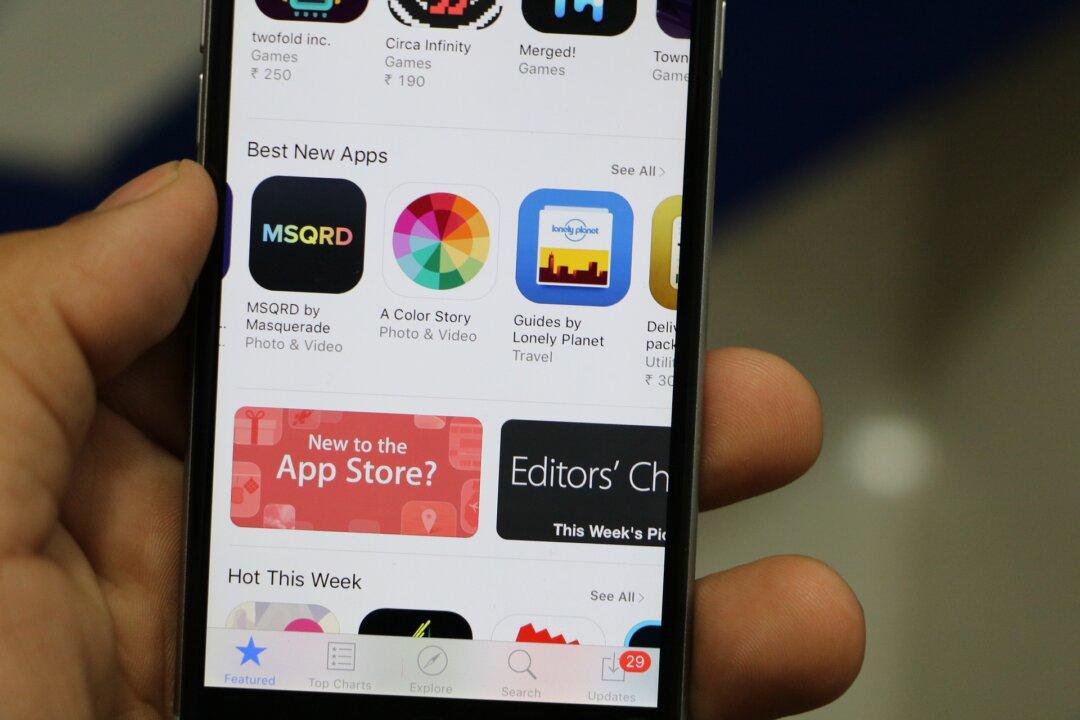The “superior bargaining position” that Apple and Google have in mobile operating systems and mobile app distribution is a problem under Japan’s anti-monopoly laws, as they hold a combined market share of over 90 percent, Japan’s antitrust regulator said.
The Japan Fair Trade Commission (JFTC) published a report [pdf] on Thursday recommending a host of changes to the mobile operating system and app stores operated by Google and Apple, citing the lack of “competitive pressure.”





